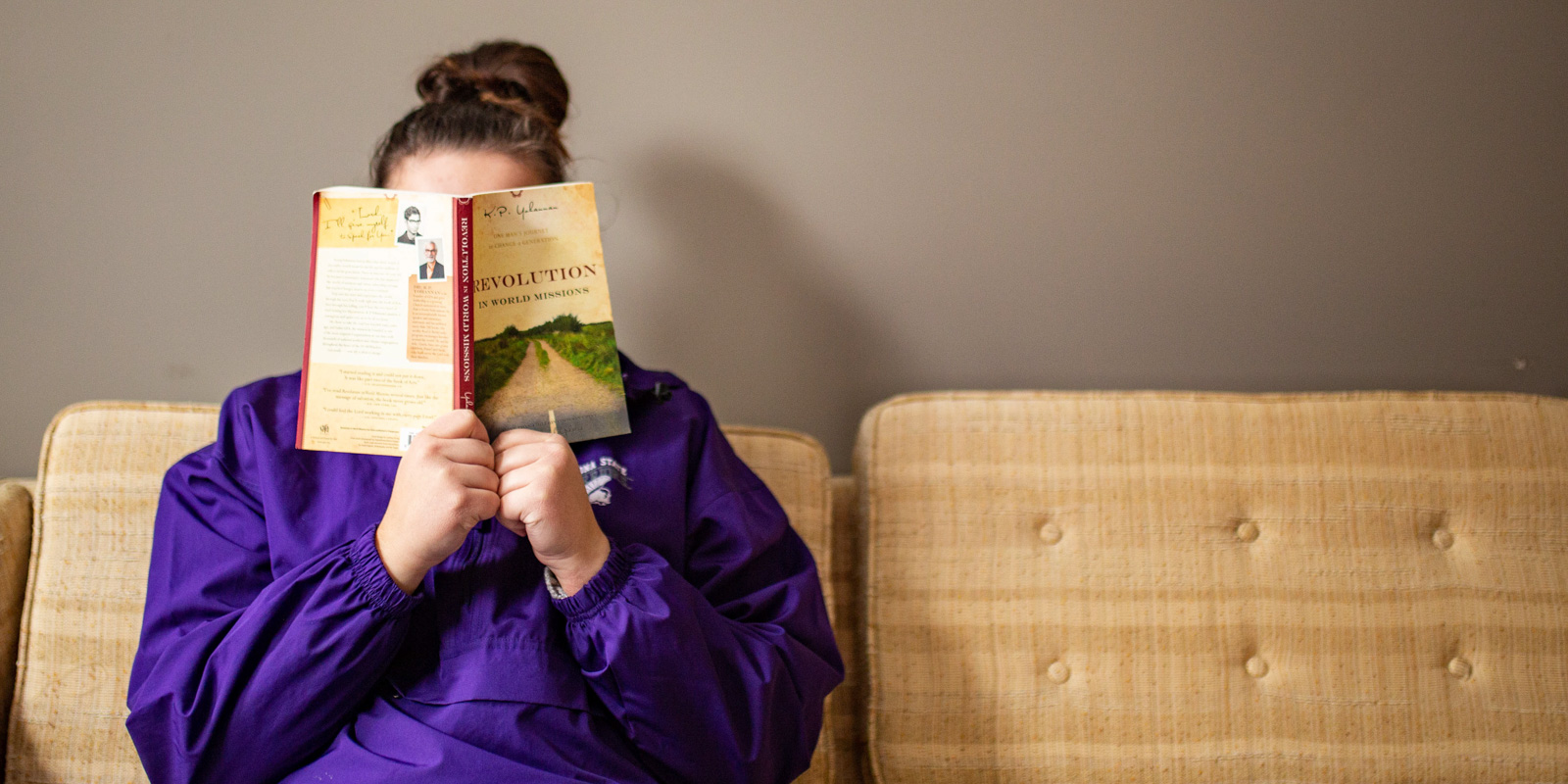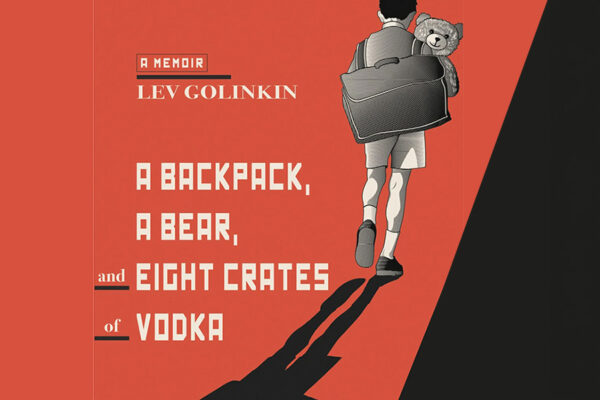
Common Book
For nearly 20 years, the Common Book has brought together the WSU community of readers in the discussion of a single literary work.
Each academic year, a new Common Book is selected and incorporated into the curriculum of numerous courses, including sections of ENG 111: College Reading and Writing. It may also be adopted by any faculty interested in the issues it raises.
Public readings, lectures, discussions, and other related events scheduled concurrently with each author’s visit to WSU.
Funding for the Common Book has generously been made available by the College of Liberal Arts and the WSU Cabinet.
The 2023-24 Common Book is “A Backpack, a Bear, and Eight Crates of Vodka” by Lev Golinkin.
Years later, Lev, now an American adult, sets out to retrace his family’s long trek, locate the strangers who fought for his freedom, and in the process, gain a future by understanding his past.
This is the vivid, darkly comic, and poignant story of Lev Golinkin in the confusing and often chilling final decade of the Soviet Union, and “of a Jewish family’s escape from oppression … whose drama, hope, and heartache Mr. Golinkin captures brilliantly” (The New York Times).

It’s also the story of Lev Golinkin as an American man who finally confronts his buried past by returning to Austria and Eastern Europe to track down the strangers who made his escape possible, and say thank you.
Written with biting, acerbic wit and emotional honesty in the vein of Gary Shteyngart, Jonathan Safran Foer, and David Bezmozgis, Golinkin’s search for personal identity set against the relentless currents of history is more than a memoir—it’s a portrait of a lost era.
This is a thrilling tale of escape and survival, a deeply personal look at the life of a Jewish child caught in the last gasp of the Soviet Union, and a provocative investigation into the power of hatred and the search for belonging.
Lev Golinkin achieves an amazing feat—and it marks the debut of a fiercely intelligent, defiant, and unforgettable new voice.
His op-eds and essays on the Ukraine crisis have appeared in The New York Times, Los Angeles Times, The Boston Globe, and Time.com, among others.
He has been interviewed by WSJ Live and HuffPost Live.

We hope you’ll read and incorporate what you take away from the book into your life while at WSU.
You can purchase this book from:
- WSU Bookstore
- Penguin Random House
- Other booksellers
Faculty Adaptors
If teaching this book, faculty should simply list the book (ISBN 9780345806338) on their book order at the WSU bookstore and can request a copy from the publisher.
A packet of teaching and contextual materials is available starting in mid-August for those teaching the book.
Contact Dr. Andrew Higl for more information.
Get involved in this year’s Common Book with campus events.
All WSU community members, students, staff, faculty, and administrators are welcome to propose nominations for a Common Book selection.
The book should be:
- Engaging
- Challenging
- Teachable
- Interdisciplinary
The author should be:
- Available
- Affordable
- Willing to work with WSU students
Related programming may include campus visits by the author or other keynote speakers, panel discussions among faculty and community experts, and film screenings.
Nominations that address the yearly University Theme are particularly encouraged.
Contact Dr. Andrew Higl at ahigl@winona.edu to nominate a book for the 2024-25 academic year.
Do you have a question, or just want more information? Don’t be afraid to reach out!